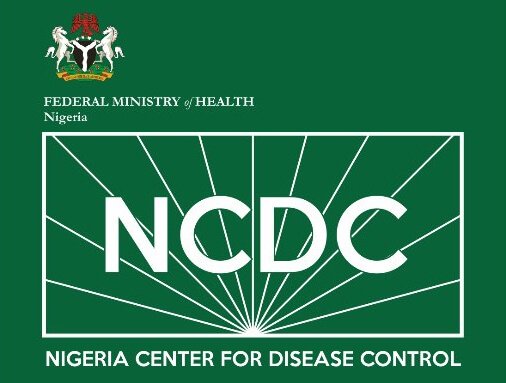The Nigeria Centre for Disease Control and Prevention (NCDC) has revealed that 366 lives have been lost to Lassa fever and meningitis outbreaks across several parts of Nigeria. The alarming death toll, recorded from September 2024 to May 2025, points to the continued health burden these diseases present to communities nationwide.
Between January 1 and May 18, 2025, a total of 733 confirmed Lassa fever cases were reported out of 5,118 suspected infections. These were recorded across 18 states and 95 local government areas. In that same timeframe, 141 people died from the disease, with a case fatality rate of 19.2 percent—slightly higher than last year’s rate of 18.3 percent.
A recent report by the NCDC pointed to a rise in new Lassa fever cases during the 20th epidemiological week of 2025. Thirteen new infections were confirmed in Edo, Ondo, and Benue states, up from three cases in the previous week. The agency also noted that most confirmed cases came from three states—Ondo (30%), Bauchi (25%), and Edo (17%). The other 28 percent were spread across 15 states.
People aged between 21 and 30 years were the most affected group, with the median age being 30. The male-to-female ratio among those confirmed to have Lassa fever is 1 to 0.8. Encouragingly, the report also stated that no healthcare workers were newly infected during the week under review.
Meanwhile, from September 30, 2024, to April 6, 2025, the NCDC recorded 192 confirmed cases of meningitis from a pool of 2,911 suspected cases. These occurred in 24 states and 173 LGAs, resulting in 225 deaths and a case fatality rate of 7.7 percent.
Meningitis has particularly impacted children aged 5 to 14, with boys making up 60 percent of reported cases. The agency notes that 97 percent of all suspected meningitis cases came from 10 states—Kebbi, Katsina, Jigawa, Yobe, Gombe, Sokoto, Borno, Adamawa, Kano, and Bauchi.
In response to both outbreaks, the NCDC has put into operation national-level systems to coordinate its interventions. For Lassa fever, a multi-sectoral Incident Management System is actively managing response strategies.
Similarly, the NCDC activated a national Emergency Operations Centre for meningitis, working closely with the Federal Ministry of Health, the National Primary Health Care Development Agency, the Nigerian Meteorological Agency, and development partners.
The centre noted that weekly meetings are being held with affected states to improve coordination. It assured that technical assistance, both on-site and remotely, will continue—especially in states with higher burdens. The aim is to boost preparedness and strengthen response at all levels of government.










